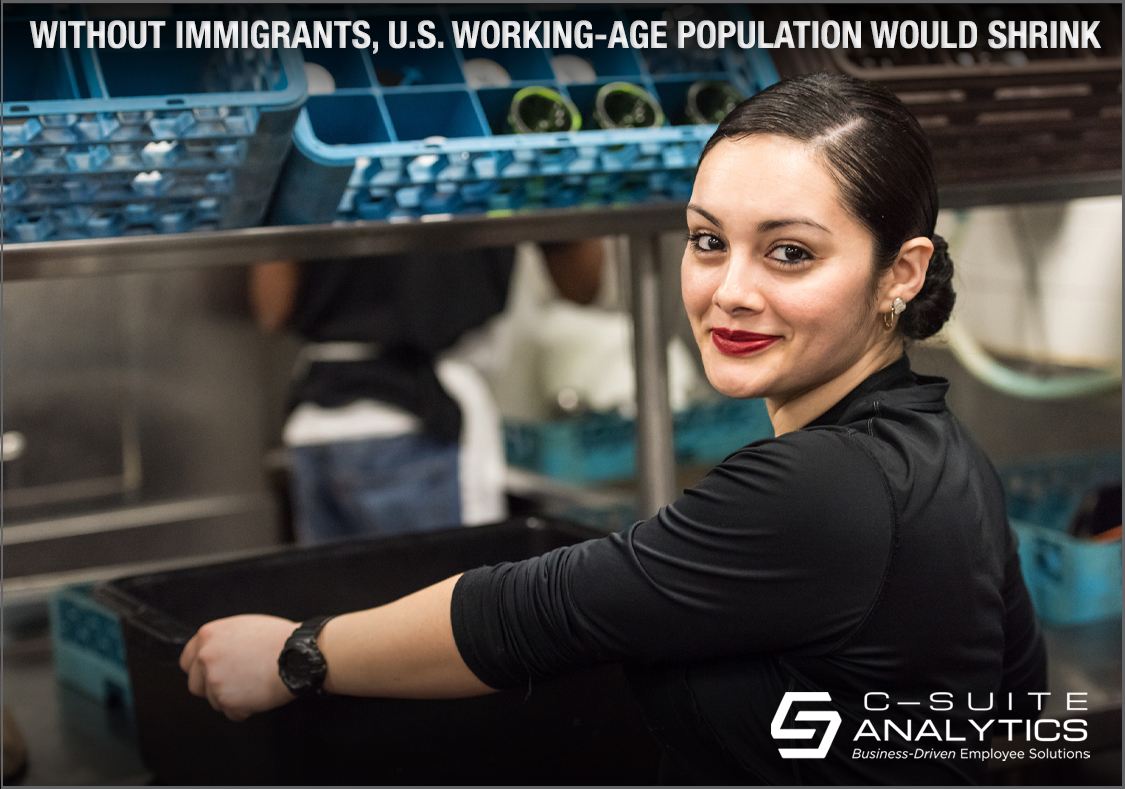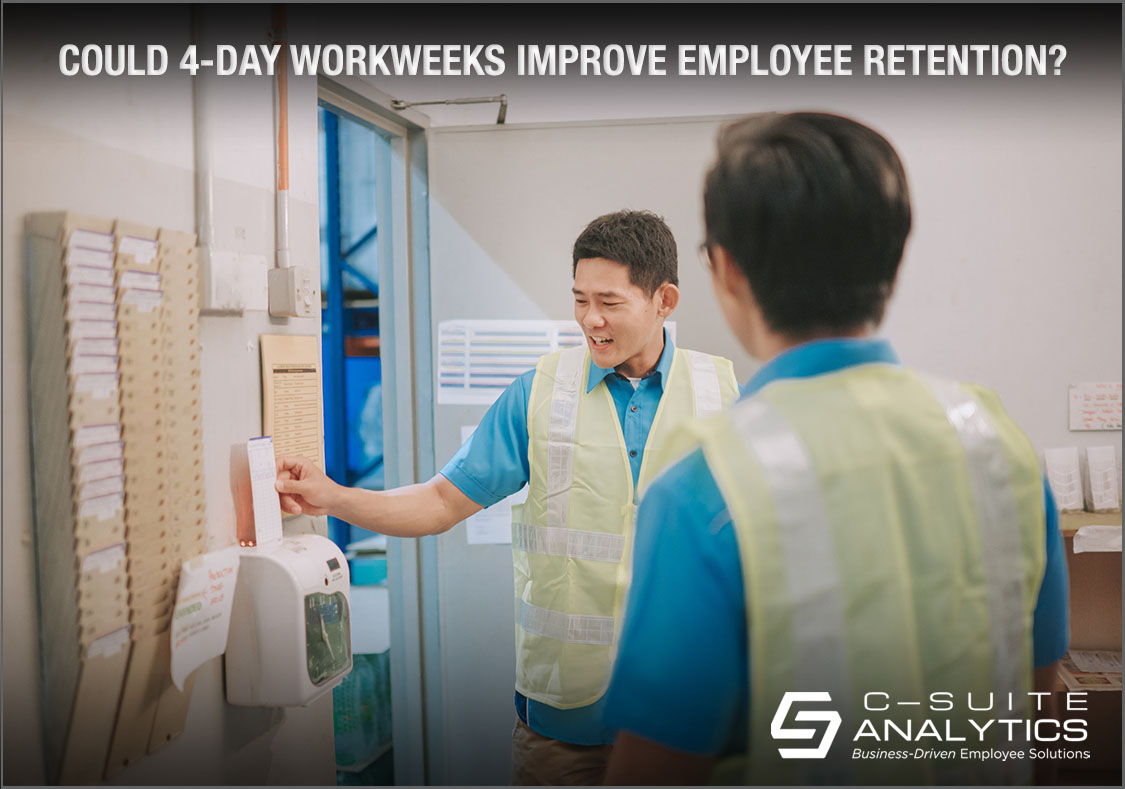According to the National Education Association, a full 600,000 teachers have already left teaching since January 2020, and a recent NEA poll indicated 55% more will quit prematurely. So, teachers are fast becoming a very talented recruiting pool.
Vaccination Decisions Will Impact Turnover

The heat is on for companies of all sizes to declare if they will require their employees to be vaccinated against COVID-19…risking that those refusing employees could lose their jobs. The jump-out reason is the new strain labeled the Delta variant is at least twice as contagious as the original alpha variant. Courts have indicated employers get to make this choice…so the ball, as they say, is in their court. And maybe in your court.
The legal side of this is based on a 1905 U.S. Supreme Court case where a health board in Cambridge MA required all residents 21 and older to get vaccinated against a specific disease or face a $5 fine, about $150 in today’s dollars. Today, more employers will likely issue employee mandates once the Food and Drug Administration grants full approval of the COVID-19 vaccines. The U.S. Equal Employment Opportunity Commission has gone on record that employers can require vaccines in guidance it published. Employees who can’t take the vaccine because of a valid medical reason or a “sincerely held religious belief” could request “reasonable accommodations” under the Americans with Disabilities Act or the Civil Rights Act, according to the EEOC. Such accommodations could include working from home, being socially distanced from other employees, wearing a mask, or undergoing regular COVID-19 testing. Employers could still require regular testing for these employees.
I advise many companies on employee retention issues and here is what I’m telling them:
- Life & death is more important than who stays and who leaves.
- The decision whether to permit high-risk, non-vaccinated people into your work area impacts not just other workers but also your customers if you have them and your patients if you work in healthcare.
- The obvious raw nerve is whether you would risk losing non-vaccinated employees by requiring vaccinations…yet the less-obvious risk is whether you would lose vaccinated employees because you might choose to permit non-vaccinated employees to work beside them.
- It seems nearly anyone can find another job today, including your vaccinated employees who won’t work in a risky health environment.
- This is where companies that are committed to permanent work from home are getting a pass on a tough call.
The national landscape is changing daily, though don’t assume your employees watch the news. New York City now requires vaccination proof to walk into restaurants, health clubs, and other indoor venues. Employees, though, don’t have to go to restaurants…but they do have to go to work. Perhaps universal vaccination-to-work mandates represent the true path to herd immunity. Hundreds of companies have crossed the boundary to require employee vaccinations led by those in healthcare…and this number is growing daily. Dr. Anthony Fauci said on Sunday he hopes the Food & Drug Administration provides full approval for our vaccines within weeks and doing so would lead to “the empowerment of local enterprises” to institute vaccine mandates.
Here are important considerations if your company remains on the fence:
- Implementing required vaccinations takes five weeks or longer because most employees will require 2 shots several weeks apart…and the vaccination reaches full strength two weeks after the second shot.
- Might you require two shots or just the initial one which has proven to provide a significant degree of protection?
- Should you wait to react to local government or local company policies or choose to become a community leader?
- Do certain words or phrases in your mission statement provide guidance regarding your commitments to employees, customers, and shareholders?
- Do your employees work inside our outside? In groups or alone? Transmission is far more likely inside.
- Should you require employees to wear masks, even if vaccinated?
- What health information can you provide your employees so they can make an intelligent decision regarding their own vaccination? Might you bring in a physician or another medical expert to address them?
- How can you make vaccinations as available and easy as possible?
- Some companies are offering vaccine incentives, financial and otherwise, while others scoff at the idea that we should pay our employees to “do the right thing”.
Walmart is one of several companies that are requiring salaried professionals get vaccinated but not issuing that same mandate for frontline positions. Is their subtle message that professional employees care more about who they work beside than lesser-paid members of their teams? All while acknowledging that front-line employees are more likely to spread COVID or receive it from customers whereas salaried employees are less likely to do so?
Tyson Foods, on the other hand, has commanded that its entire workforce of 120,000 employees must be vaccinated by November 1st. Or else. And CNN just fired three workers for coming to work un-vaccinated.
Media commentators recommend reference to “science” when influencing others to take the vaccine. This term hits home for some yet others tend to distrust “science” regardless of what a particular science tells us. Respected role models who disclose that they’ve been vaccinated might matter more.
There is much here to chew on. Whereas retaining employees remains second to saving lives, it still matters greatly. And your employees are hoping you will do what they see as the right thing…for themselves first, and then their colleagues and customers.
Contact me if you want to discuss more…DFinnegan@C-SuiteAnalytics.com and take care.



